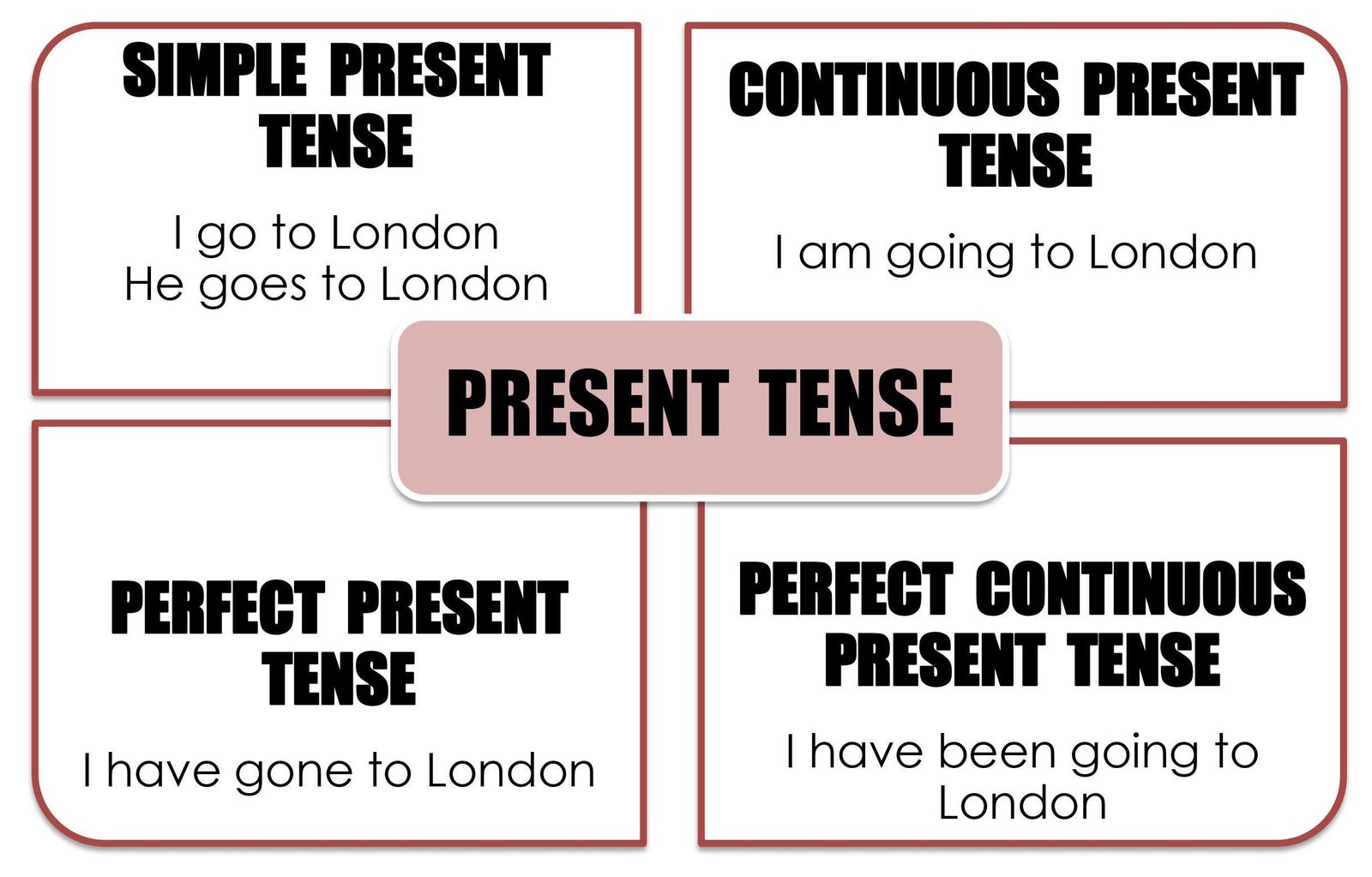
USES OF PRESENT TENSE
| Uses of Simple Present Tense [sub+main verb/main verb(s,-s)] |
| a. TO EXPRESS HABITS AND ROUTINES Charles goes to gym every morning. I drink coffee every morning. Julie gets up early in the morning. They watch football matches regularly. Students often visit ‘Global English Creativity’ website. |
| b. TO EXPRESS GENERAL/UNIVERSAL TRUTHS The earth moves around the sun. Water boils at 100 degrees C. A magnet attracts iron. Plants need soil and water to live. Sun rises in the East and sets in the West. |
| c. TO EXPRESS FUTURE ACTIONS I go to Jerusalem next year with my wife. My friend arrives Paris on next Wednesday. The restaurants open at 8.00 tonight. The plane lands in ten minutes. Our final exam starts from day after tomorrow. |
| d. IN NEGATIVE SENTENCES They do not know my phone number. Javed doesn’t like to study Chemistry. Many teachers don’t use laptop while teaching. Edwin does not use dictionary while studying. |
| e. IN QUESTIONS Do you know the writer of the novel? Don’t they live in Tokyo now? Does Miller speak Spanish well? Doesn’t he play a semi-final today? |
| Uses of Continuous Present Tense [sub+am/is/are+main verb(ing)] |
| a. TO EXPRESS ONGOING ACTION All are singing a patriotic song together. I’m helping the victims of KOVID-19. Smith is writing a letter to his friend. You are learning English grammar now. It is raining heavily outside. |
| b. TO EXPRESS FUTURE PLAN I am going to teach the lesson tomorrow. The couple is visiting the holy places next year. The guests are arriving at 9 o’clock. They are launching a new car soon. The minister is announcing the decision tomorrow. |
| c. IN NEGATIVE SENTENCES Lawson is not studying in this school. Girls are not playing badminton. I am not showing my dance performance today. It is not happening as we wish. Visitors are avoiding to enter the cave. |
| d. IN QUESTIONS Am I explaining the topic properly? Aren’t they studying in the reading hall? Isn’t Ralph arriving today? Where is your father working? How many students are attending online lecture? |
| Uses of Perfect Present Tense [sub+have/has+main verb(past participle)] |
| a. TO EXPRESS RECENTLY FINISHED ACTION They have played football on school ground. She has traveled some European countries. Ralph has learned how to read. All students have participated in the competition. We have taken a lunch in restaurant. |
| b. TO EXPRESS THE ACTION STARTED IN PAST AND CONTINUE IN PRESENT Robert has lived in Canada for ten years. She has worked in the office since 2001. I have lived in the UK since 1989. We have played the guitar for 20 years. |
| c. TO EXPRESS REPEATED ACTION BETWEEN PAST AND PRESENT People have seen the movie ‘Jurassic Park’ many times. We have gone to the beach many times. |
| d. IN NEGATIVE SENTENCES The officer has not granted the permission to visit US. They haven’t finished the homework yet. George has not removed the data from his PC. I haven’t taken a risk to drive in storm. |
| e. IN QUESTIONS Has she worked as salesperson before? Where have I left my mobile? Have you visited ‘Global English Creativity’ website? Hasn’t you started to write a blog yet? |
| Uses of Perfect Continuous Present Tense [sub+have/has been+main verb(ing)] |
| a. TO EXPRESS THE ACTION STARTED IN PAST, CONTINUE IN PRESENT AND MAY CONTINUE IN FUTURE Emily has been studying in the college. We have been playing on the ground. All students have been waiting for the teacher. I have been singing many classical songs. |
| b. TO EXPRESS DURATION FROM PAST TO PRESENT He has been living in Washington for twenty-two years. My father has been working in US Army for ten years. Farmers have been working in the farm since morning. I have been visiting Dubai since 2010. |
| c. IN NEGATIVE SENTENCES You have not been doing your work sincerely. Sophia has not been participating in drawing competition. I have not been teaching English for five years. The dog has not been barking at the owner. |
| c. IN QUESTIONS Have you been trying to solve the problem? Hasn’t he been watching a movie? What have you been writing since yesterday? Where has he been working in the city? |
also see



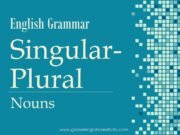
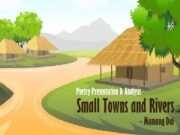



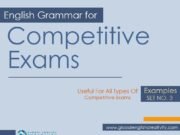
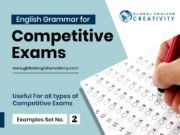
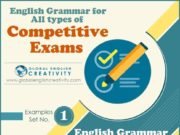



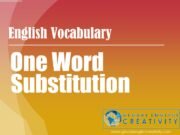









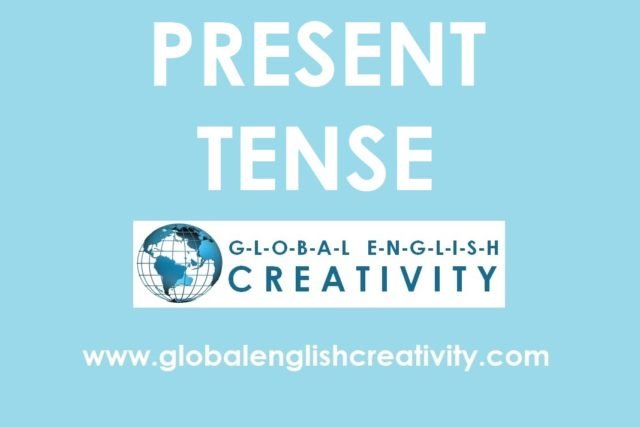

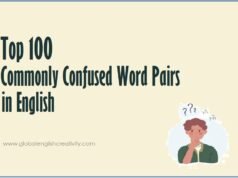
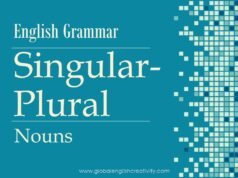











Excellent sir